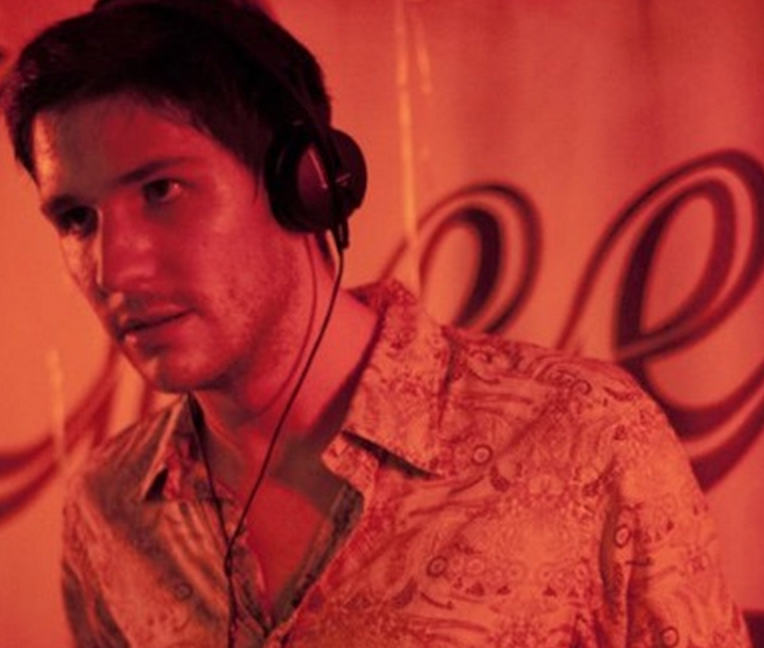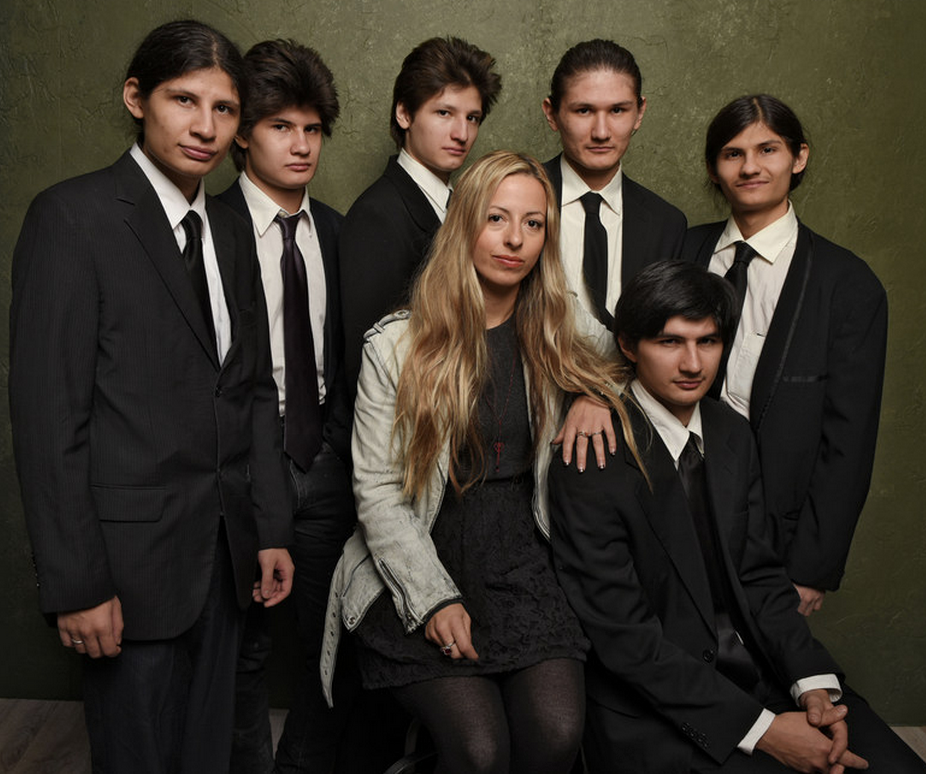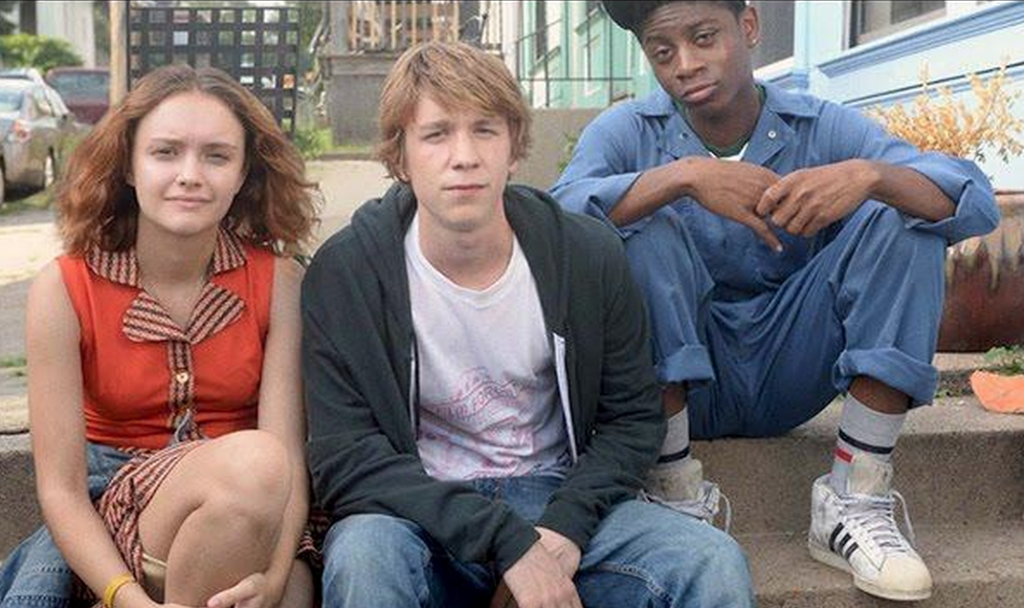 Time is more than a theme in the films of Mia Hansen-Løve. It is a hero, a driving force that calmly looks past the kerfuffle of everyday life. Coupled with cash, it’s both ruthless taskmaster and the prettiest of muses in “Father of My Children” (2009), about a revered independent film producer who commits suicide when his funding runs out. In “Goodbye First Love” (2011), it’s the therapist who releases a young heroine from her mortal coils. Now, in “Eden,” a tour de force that’s bound to give the French writer/director the U.S. recognition she’s long deserved, time is measured by personal evolution rather than the passage of hours and years. It is a hegemony of memory; a perpetual-motion, nostalgia-generating machine that wounds all heels, especially callow youths.
Time is more than a theme in the films of Mia Hansen-Løve. It is a hero, a driving force that calmly looks past the kerfuffle of everyday life. Coupled with cash, it’s both ruthless taskmaster and the prettiest of muses in “Father of My Children” (2009), about a revered independent film producer who commits suicide when his funding runs out. In “Goodbye First Love” (2011), it’s the therapist who releases a young heroine from her mortal coils. Now, in “Eden,” a tour de force that’s bound to give the French writer/director the U.S. recognition she’s long deserved, time is measured by personal evolution rather than the passage of hours and years. It is a hegemony of memory; a perpetual-motion, nostalgia-generating machine that wounds all heels, especially callow youths.
About the rise and fall of French techno DJ Paul (Félix de Givry), “Eden” spans two decades though it occupies each moment so fully that the transitions wash over us gently, at least at first. The film opens in the early 1990s, when Paul is a starry-eyed teen newly in love with garage music; he’s so taken by this subgenre of electronica that his ardor is infectious even if we don’t dig the beats. We wander through dance floors and secret raves, record-filled dorm rooms and radio studios as Paul amasses his posse: Stan (Hugo Conzelmann), with whom he forms a mildly successful DJ duo; Cyril (Roman Kolinka), a gloomy, brilliant visual artist; Louise (Pauline Etienne), a Betty Boop-eyed semi-siren who proves a surprisingly enduring on-again, off-again girlfriend; and Thomas (Vincent Lacoste) and Guy-Man (Arnaud Azoulay), who in 1992 start out as the DJ team Darlin’ but ripen into the world-famous Daft Punk. (Actors portray these real-life characters.) Continue Reading →


